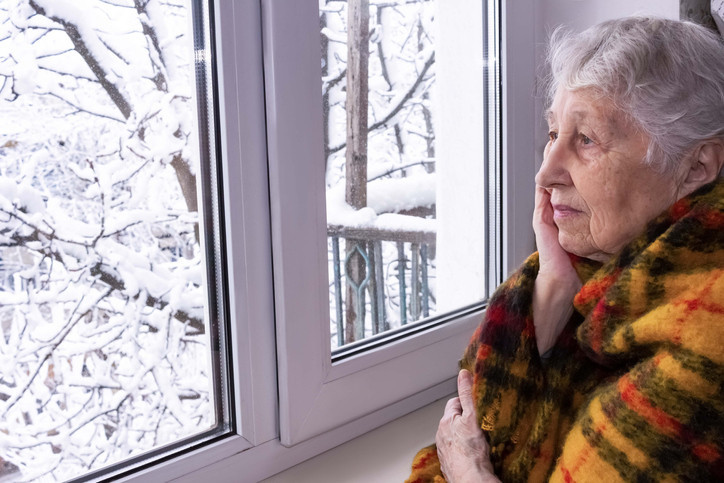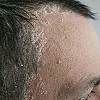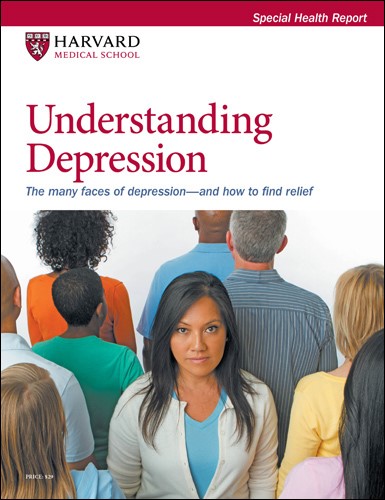Is it dementia or depression?
- Reviewed by Howard E. LeWine, MD, Chief Medical Editor, Harvard Health Publishing; Editorial Advisory Board Member, Harvard Health Publishing

In older adults who experience intellectual decline, it's sometimes difficult to tell whether the cause is dementia or depression. Both disorders are common in later years, and each can lead to the other.
Depression in the elderly can also lead to a phenomenon called pseudodementia — an apparent intellectual decline that stems from a lack of energy or effort. People with this problem are often forgetful, move slowly, and have low motivation as well as mental slowing. They may or may not appear depressed. This syndrome responds well to treatments for depression. As mood improves, a person's energy, ability to concentrate, and intellectual functioning usually return to previous levels.
Although depression and dementia share certain traits, there are some differences that help distinguish one from the other:
- Decline in mental functioning tends to be more rapid with depression than with Alzheimer's or another type of dementia.
- Unlike people with Alzheimer's, people with depression are usually not disoriented.
- People with depression have difficulty concentrating, whereas those affected by Alzheimer's have problems with short-term memory.
- Writing, speaking, and motor skills aren't usually impaired in depression.
- Depressed people are more likely to notice and comment on their memory problems, while those with Alzheimer's may seem indifferent to such changes.
Since there is no simple test that can reveal whether someone has depression or dementia, treatment is often worth trying. If depression is at the root, treatment can produce dramatic improvement.
To learn more strategies for battling depression, check out Understanding Depression, a Special Health Report from Harvard Medical School.
Image: © Marina113/GettyImages
About the Reviewer

Howard E. LeWine, MD, Chief Medical Editor, Harvard Health Publishing; Editorial Advisory Board Member, Harvard Health Publishing
Disclaimer:
As a service to our readers, Harvard Health Publishing provides access to our library of archived content. Please note the date of last review or update on all articles.
No content on this site, regardless of date, should ever be used as a substitute for direct medical advice from your doctor or other qualified clinician.
















